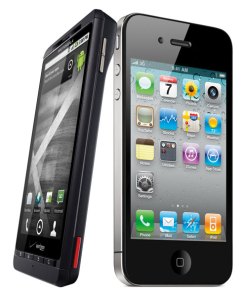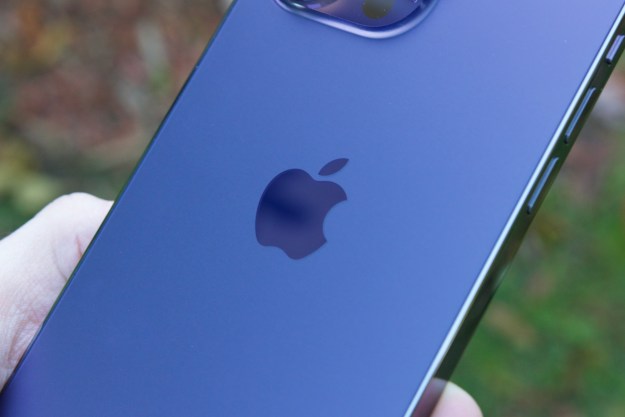
Back in 2006 privately-held patent holding company NTP nearly brought Canada’s Research in Motion and it’s popular BlackBerry platform to its knees, suing the company for infringing on patents related to wireless email. RIM played chicken with NTP in court for five years, narrowly avoiding having to shut down BlackBerry service on several occasions…then finally knuckling under and agreeing at the last moment to settle with NTP for over $612 million.
Now, NTP is back, and it’s suing Apple, Google, Microsoft, LG, HTC, and Motorola for violating NTP patents covering delivery of email over wireless communications systems. The lawsuit covers eight patents held by NTP
“Use of NTP’s intellectual property without a license is just plain unfair to NTP and its licensees,” wrote NTP co-founder Donald Stout, in a statement. “Unfortunately, litigation is our only means of ensuring the inventor of the fundamental technology on which wireless email is based, Tom Campana, and NTP shareholders are recognized, and are fairly and reasonably compensated for their innovative work and investment.”
The years since NTP’s court victory over RIM have been spent shoring up its patent portfolio, which the U.S. Patent and Trademark Office re-examined in the wake of the RIM litigation. Despite what NTP characterizes as a “massive effort” by the USPTO to invalidate the patents, the USPTO Board of Patent Appeals found that 67 of NTP’s patent claims in four patents were valid, including three claims that RIM was found to have infringed during its legal entanglement with NTP. So armed, NTP is now targeting other companies that deliver email to mobile devices.
NTP has broadly been characterized as a patent troll in technology media; however, the company claims it has had no choice but to resort to litigation.
“The filing of suit today is necessary to ensure that those companies who are infringing NTP’s patents will be required to pay a licensing fee,” Stout continued. “In view of the USPTO Board’s ruling, the debate over whether Mr. Campana was an originator in the field of wireless email is over. No patents in U.S. history have received as much scrutiny as NTP’s patents.”
RIM now licenses NTP’s patents.
Perhaps has interesting as the list of companies NTP is suing are the list of companies who are not being sued by NTP—at least not yet. Those include the world’s largest cell phone maker Nokia, as well as other technology giants like Samsung.
Editors' Recommendations
- The DOJ has sued Apple over the iPhone. Here’s what it means for you
- Apple is about to change iPhone web browsing forever
- The Apple Watch ban is over … kind of
- Google witness accidentally reveals how much Apple gets for Safari search
- Google Pixel 8 vs. iPhone 15: did Google finally beat Apple?


